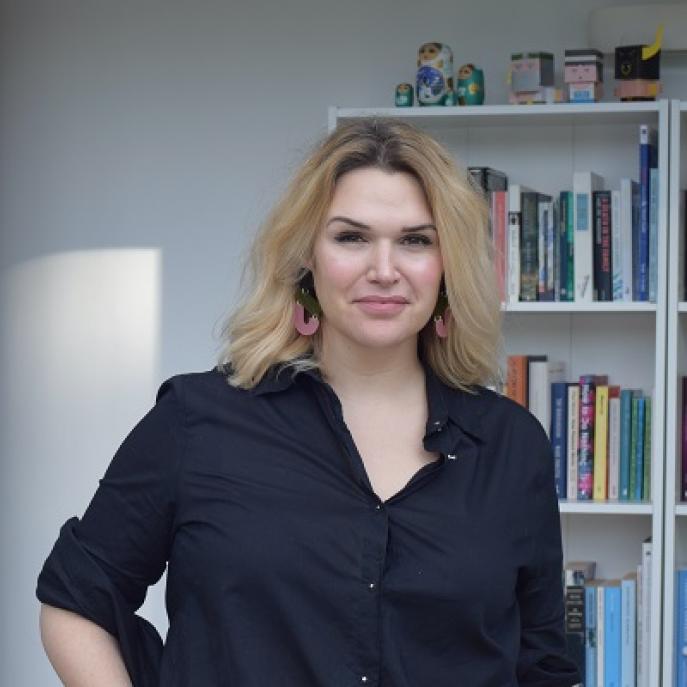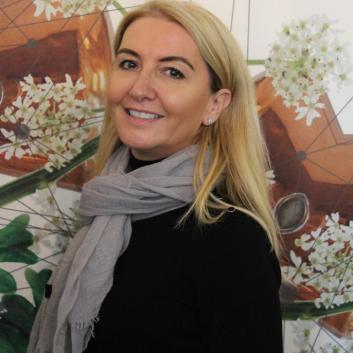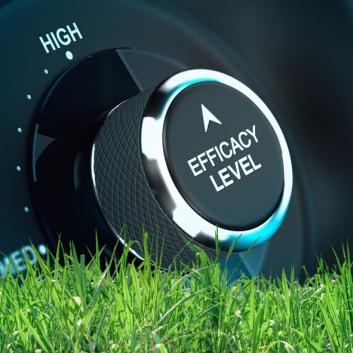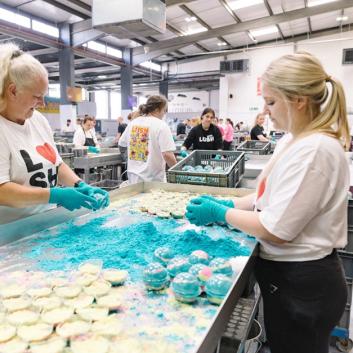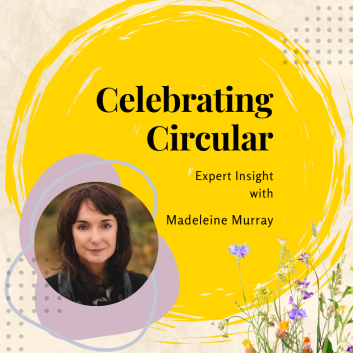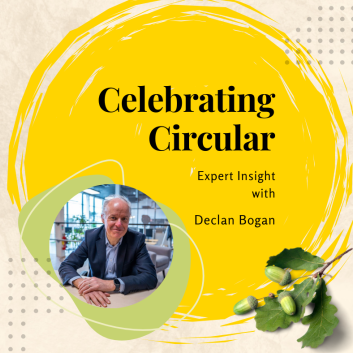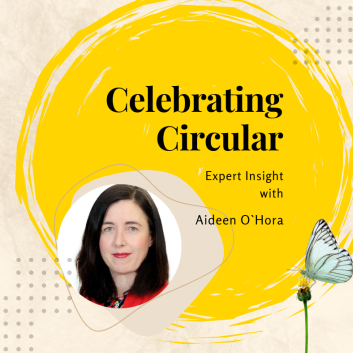Irish entrepreneur disrupting the market with a simple circular idea
The early successes of the premium second-hand baby goods marketplace, Kindora, suggest a significant market opportunity for businesses to offer cost-efficient and eco-conscious solutions.
This up-and-coming business has launched in Ireland, seamlessly translating the circular economy model into a simple, yet, gap-filling business solution.
Kindora is on a mission to help parents in Europe access the best products with a less negative impact on the environment or crippling families financially.
Co-Founder Sarah Ouellette shares some insights about their initial idea of disrupting the baby goods market:
“European parents are looking for sustainability paired with affordability.
As I looked around our home, I saw that our child – not even a year old – was already leaving a trail of lovely, barely-used things.
I searched for a marketplace where these top quality items could be bought, sold or even rented. When I didn’t find one, I decided I’d try to create one.”

In early development, Kindora conducted a survey of 100+ first time parents and parents-to-be in Ireland.
71% said that positive impact on the environment would motivate them to buy second-hand items, and only 28% indicated cost savings as a factor.
An interesting fact that an average new pram requires 16 different materials and is equivalent to making over a thousand disposable coffee cups as 33% of pram components are made of plastic.
However, Sarah realised early on that primary drawback for consumers when it comes to second-hand items is cleanliness, safety and quality control, which is why many businesses fear adopting a resale model.
“We only deal in premium, trusted brands, and in items that are suitable for reuse.
We screen and clean every item before we send it off to its new home.
We check it, take it apart, give it a hospital-grade cleaning, and reassemble it.
As parents, we knew that’s what it would take to give us peace of mind,” says Sarah about their process of handling second-hand items.

Besides addressing these concerns they set out to analyse what products have the best resale value, the longest lifespan to help parents buy better and buy less, essentially to do the right thing, the easy thing.
Adopting the circular economy approach could be an exciting market opportunity for startups and SMEs, given the forecasted market growth and consumer behaviours changes.
Second-hand fashion is expected to gain huge popularity in the coming years as more and more consumers realise the importance of sustainability.
A 2020 report by ThredUp found that the second-hand market is set to hit $64 billion within the next five years, and leading this growth is the resale sector.
Beyond the environmental benefits of adopting a circular economy approach, there are many other benefits for a business.
For one thing, the increasing scarcity of non-renewable resources, ie. Fossil fuels, minerals and metals result in higher resource prices and price volatility.
By adopting a circular economy model, businesses can lower the number of materials they need while still meeting their customers’ needs.
Another way the circular economy benefits business is by ultimately giving you a green image and better positioning of your brand.
Consumers are becoming increasingly aware of the environmental impact of the products they purchase. As a result, they are aligning their purchasing decisions with their sustainability values.
Thinking circular in a business is like looking through a new lens at its operations and revenue model.
This could provide new insights and therefore, stimulate innovation while also offering an opportunity for growth by exploring new niches, which are ideal for startups and SMEs.






